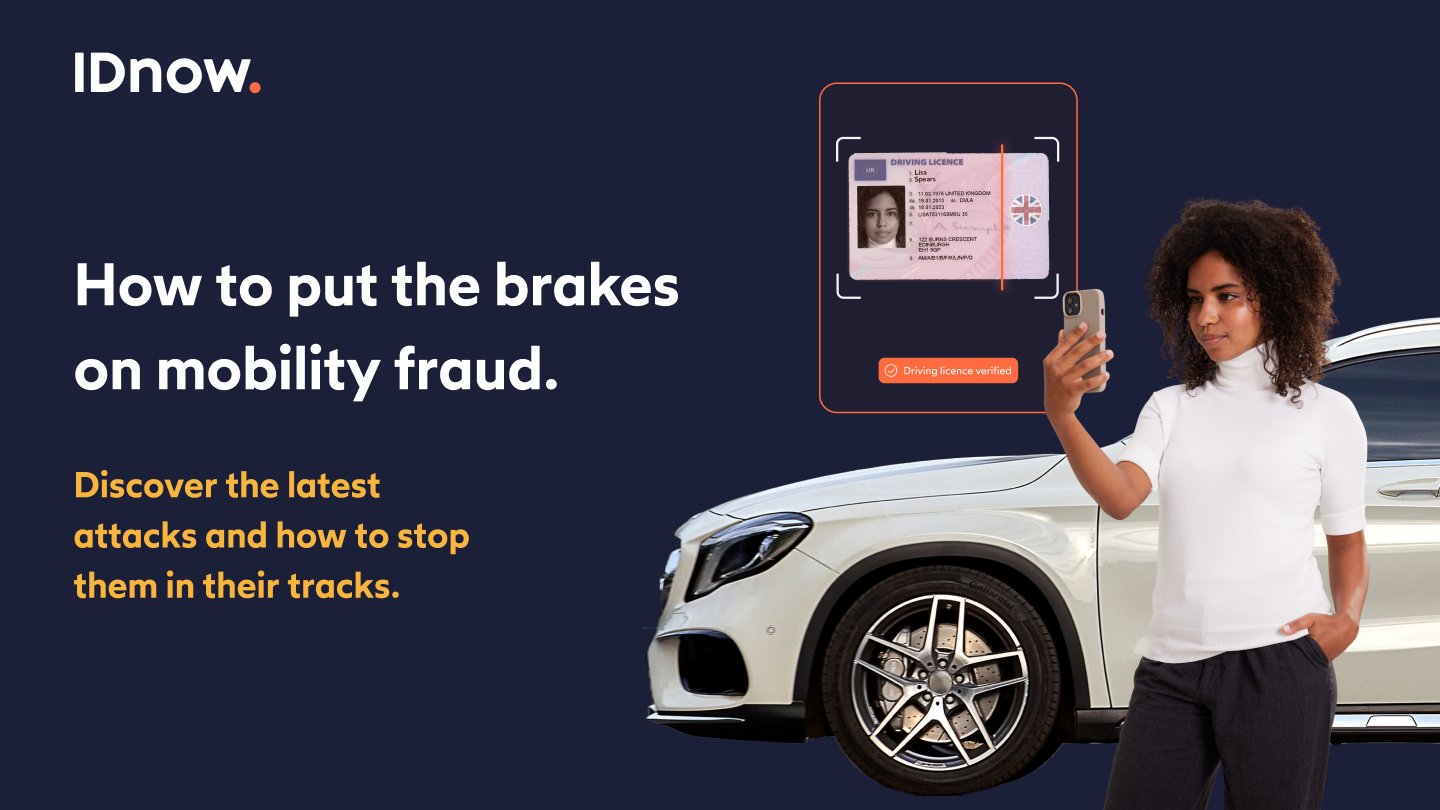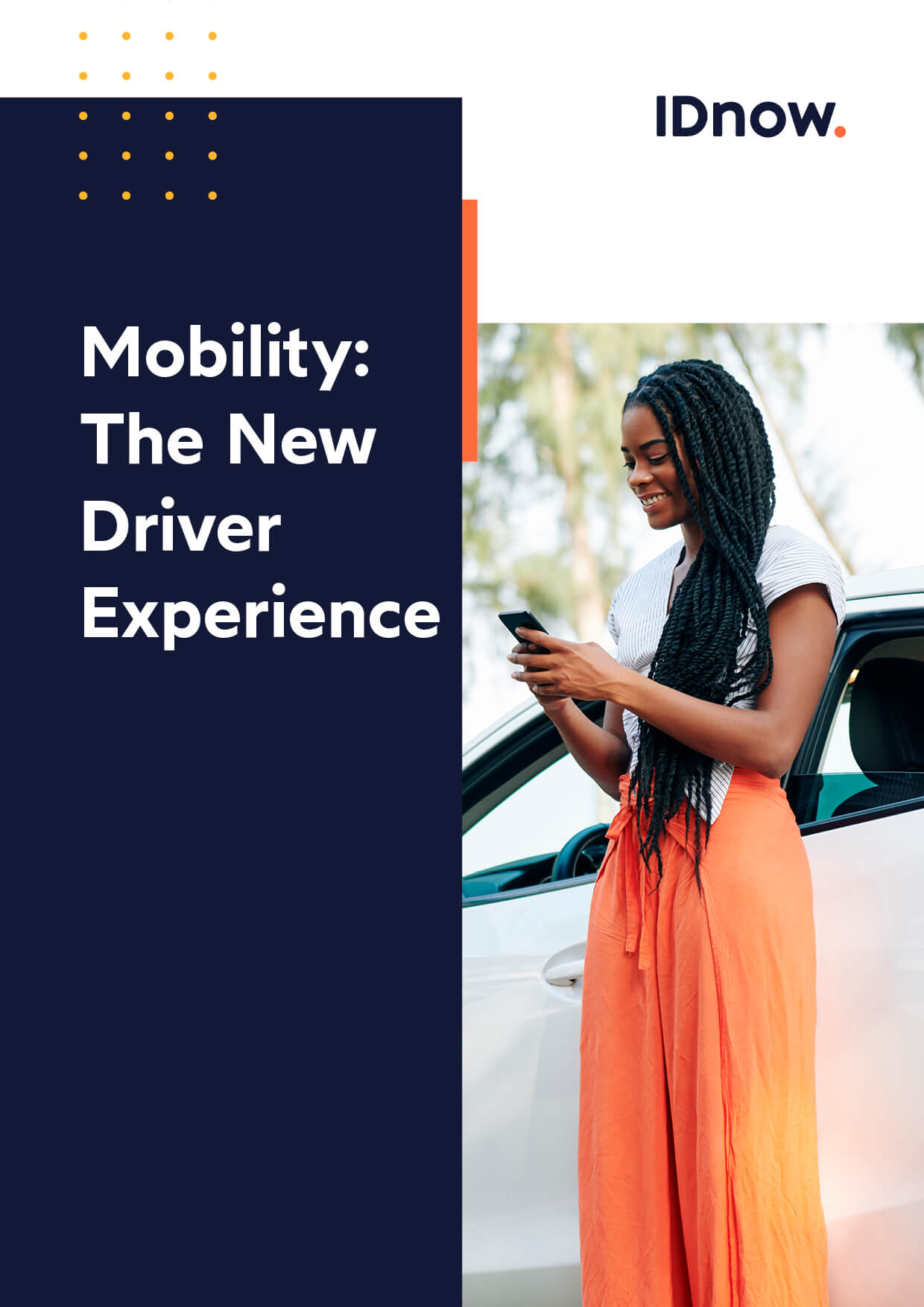Over the years, the ways in which we get from A to B have changed based on how the mobility industry has developed as well as major world events impacting travel choices and decisions. However, finding the fastest and easiest way to get to our final destinations still remains the major priority. But not only do we want fast and easy travel but also convenience paired with cost savings, and we want to be able to know all our options.
Shared mobility such as car sharing and micromobility will continue to see growth over the next 10 years due to increasing environmental regulations, there are plenty of choices for consumers, but how can they find the best based on their immediate needs?
Enter Mobility as a Service (MaaS)—a one-stop traveling shop, which takes every type of transportation into account and provides its users the best optimized route to their destination. A concept focusing on a “bundled service model,” consumers are in a sense buying into mobility, instead of investing in transport equipment such as personal vehicles.
With the global Mobility as a Service market projected to grow from $236.42 billion in 2022 to $774.93 billion by 2029, companies need to bear in mind where MaaS is headed and how they can become part of this growing movement.
What is Mobility as a Service (MaaS)?
Mobility as a Service (MaaS) is an emerging trend that is transforming the way we use and access transportation. The overarching idea of MaaS is that it is an integration of various forms of transport and transport-related services into a single, comprehensive and on-demand mobility service. Basically, everything at the touch of a button. This in effect allows users to access all types of transportation (walking, car sharing, public transportation, micromobility, etc.) in one application with a single payment channel. Say goodbye to the multiple ticket purchasing stress.
Instead, services are becoming consolidated by having one application for all their travel needs.
Why is MaaS important?
The importance of MaaS lies in the concept itself. By reducing the inconveniences associated with accessing individual transportation services, MaaS provides a one travel service from planning to booking to paying, creating a more fluid and integrated experience of transportation. This results in less congestion, fewer emissions and lower operating costs all while providing a more accessible and inclusive journey for those individuals with limited mobility. Plus, MaaS allows for the integration of smart city data to create efficient and cost-effective traffic management systems. In the long run, MaaS holds great promise for improving accessibility, affordability, sustainability and efficiency in our transportation networks.
Additionally, every person has their own unique needs based on their job, interests, financial profile, physical capabilities, behaviors, relationships, personal preferences and more. Putting these all together creates a specific identity that can be tailored to when it comes to transportation and exactly what MaaS will provide since alternative transport options will be available in a one-stop shop.
In short, MaaS could be the final puzzle piece needed to make urban life smoother, faster and cheaper for everyone.
What are Mobility as a Service examples?
Mobility as a Service can sometimes be confusing when wondering which apps and operators fall under which category. Some MaaS providers, such as ride hailing apps (Uber) and peer-to-peer rental services (GoGet & FlexiCar) are currently good examples of MaaS that focus on one or two areas. However, with the expected CAGR around 7.43% over the next five years and Asia-Pacific the fastest growing market, major players in the MaaS industry include Enterprise, Hertz and Moovit.
However, the future of MaaS looks toward apps that can provide all services in one place such as Whim based in Helsinki, but also available in the UK, Belgium, Austria, Japan, etc. Whim combines over 2,500+ taxis, car rentals and public transport options, helping users plan and book better journeys through smartphone technology. This can also be seen from the business side as well. UK-based company Mobilleo is a Mobility as a Service app specifically for businesses. Whether a self-employed business or a fleet manager, Mobilleo combines thousands of travel providers into one app to help businesses find, book and pay for their journey in one solution.
Digital identity: the building block of MaaS.
But what does this mean exactly for users and operators? Well, for one it means the importance of data. In order to provide what consumers are looking for data must be shared. However, security concerns arise from both the consumer and operator when it comes to data collection and could keep MaaS from growing. Consumers fear the attractiveness this service would be for fraudsters, while also doubting the legitimacy of ID verification platforms. On the other hand, operators worry about the challenge of proper driver’s license verification and preventing minors/fraudsters from using their services.
In a way, the root of the problem is the lack of security on both ends and the possibility of the mishandling of data, which would put the fate of MaaS in jeopardy. A strong framework for data sharing and identity verification therefore needs to be put in place in order for MaaS ro be successful. But there’s really no need to worry because there is a solution.
Putting the brakes on fraud in the mobility industry.

The missing link: security through identification.
The key to this new service is what connects the various modes of transportation and their service operators in order to support MaaS and provide a smooth multi-leg and multi-modal journey for customers. But what exactly is the key? Simple. Digital identity verification.
With all transportation options listed in one area, having digital identity verification is crucial so providers know who is using their services. Plus, providers want to offer the best service to their customers (in hopes that you will use them again) and can do that by way of having the digital identities of its users. But consumers also benefit by seeing what the mobility providers can offer them. Basically, it’s a two-way street where both parties can be satisfied.
But why exactly is digital identification necessary? Not only does it provide consumers and companies the benefits of this two-way street, but it offers trust, which is the foundation of any relationship.
Because MaaS is a platform displaying various modes of transport, there are some services that will need to know if a customer possesses a valid driver’s license or is the appropriate age to use their application. Additionally, any leasing contracts for car-sharing also can require a qualified electronic signature or proof of bank account. But no matter what they may require, a one-time, fast, seamless and automated identity verification is all that is needed.
Plus, as more and more services become digitalized, companies will offer the opportunity for users to store their digital identities in a digital wallet so verification can become even more simplified and efficient while traveling. Since MaaS is housed all in one application, all needed documents, tickets, etc. will be in one place while on-the-go. Travel will be like it never has before.

Convenience is the goal.
Though still a new concept, MaaS will become more popular in the future due to its main function. It provides convenience for all its users. Mobility doesn’t need to be a hassle or stressful and people don’t want it to be. Instead, it should be easy and smooth. MaaS provides exactly that with the assistance from digital identity verification.
Not only is MaaS convenient, but so is proving your identity. IDnow offers automated solutions which require only a quick photo snap of your ID or driver’s license. Even a qualified electronic signature can be added when necessary. With a process that only requires a few minutes, users can do so from on-the-go, wherever they may be. IDnow is the solution for knowing customers’ true identities so they can carry on with their journey.
Read on: Fueling the demand of convenient mobility
A partnership leading us into tomorrow.
In today’s growing mobility sector, having a digital identity is essential for both consumers and businesses. Both want to authenticate the other and feel secure in their relationship. Thus, these digital identities are at the core of MaaS since it is a one-stop shop. It truly is a digital identity solution partnership that will lead us into the world of tomorrow’s transportation.
Interested in finding out more about the future of mobility and how to become part of this transition into the future? Check out our guide on Mobility: The New Driver Experience.
By

Kristen Walter
Junior Content Marketing Manager
Connect with Kristen on LinkedIn
Mobility Guide
Identity verification for the new driver experience.





